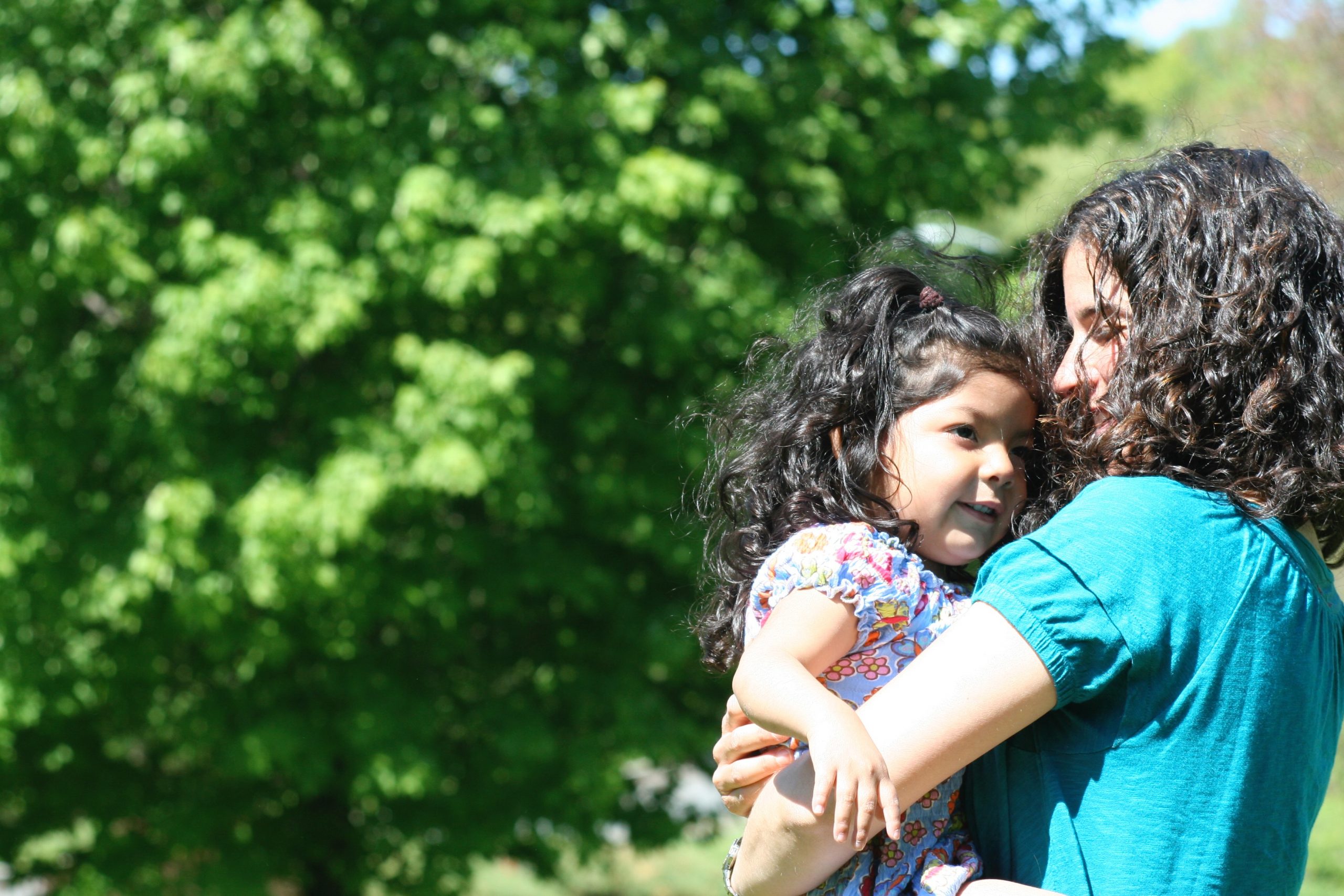I used to wish I had a crystal ball. Every time I was at a crossroads, I longed for a glowing orb that would tell me how things were going to turn out.
During five years of fertility treatments, all I wanted to know was when I’d become a mother. I felt like if I just knew that by age 32, or 34, or whenever it was, I would have a baby or two, I’d be fine. It was the not knowing that pained me.
When I was deciding between the job that came with a regular paycheck or the creative path that whispered to me, I wanted a sneak peek of how each choice would unfold – which would be more lucrative, more impactful, more fulfilling. Trusting my intuition felt like too big a gamble.
When my husband and I ultimately made the choice to adopt our babies from Guatemala we gave up any notion that we could predict or envision our future. We couldn’t look at our own talents or smarts and imagine what our children might inherit from each of us. There was no late-night musing about which one of our coloring they’d have, whether they’d get my green eyes or my husband’s blue ones.
And there was no way at all to know that our daughter Dalia would be born with a rare degenerative disease, MERRF Syndrome, that would show itself when she was just 5 years old and take her life at 17.
The very day of Dalia’s diagnosis, after the confusion landed but before the fear set in, I told my father I was glad we hadn’t known about the disease earlier. Had we known, had we found out about a little girl available for adoption with an insidious illness, I would have passed. I’d have asked to wait for the next child who became available. I wouldn’t have been interested or prepared for the challenges in front of me.
And I never would have met the child who was meant to be mine.
The crystal ball would have shown me a little girl with leg braces and a walker, a teenager in a wheelchair. I’d have seen the trach tube and the hearing aids, the chest brace and the goggles. I’d have noticed her beauty, too, but I’d have been distracted by everything else.
And there’s so much more I wouldn’t have seen.
 I wouldn’t have seen this child’s bravery, how she was more worried about her dad’s poison ivy than her own weakening muscles. How she’d beg to go on the roller coaster “one more time” so she could feel the freedom of sailing through the sky, unencumbered by legs that didn’t cooperate. I couldn’t have known how sweetly she’d rub my back when I came home from work even though her day had undoubtedly been more trying than mine.
I wouldn’t have seen this child’s bravery, how she was more worried about her dad’s poison ivy than her own weakening muscles. How she’d beg to go on the roller coaster “one more time” so she could feel the freedom of sailing through the sky, unencumbered by legs that didn’t cooperate. I couldn’t have known how sweetly she’d rub my back when I came home from work even though her day had undoubtedly been more trying than mine.
I wouldn’t have seen her strength of spirit, how her little body couldn’t hold it all and so it spilled over to everybody she met.
I might have seen her smile, but I wouldn’t have known it was contagious.
A crystal ball wouldn’t show me that because of Dalia I’d learn that joy and sorrow can coexist. It would take me a while, but I’d follow Dalia’s example of creating fun and wanting to play even when everything felt scary. I’d learn that when there’s no light at the end of the tunnel, it’s possible to make the tunnel itself beautiful.
In the crystal ball I’d have seen two siblings and I’d have worried that they weren’t getting enough attention with their sister’s needs demanding so much time and energy, and that may well have turned out to be true. But it wouldn’t have been clear that Dalia’s siblings would become heroes because of her, that they’d learn to celebrate differences rather than fear them, and that they’d have a degree of empathy I can only aspire to.
I wouldn’t have seen that my heart would be broken and overflowing at the same time, and I wouldn’t have known that was possible.
I’m glad I didn’t have a crystal ball, and I don’t long for one anymore.
When we see something from afar, we get a limited view. It’s impossible to understand the nuances, the textures, and the pixels that make up the full picture. How our life with Dalia looked from the outside was so different from what it was really like.
Yes, it was scary and hard and devastating. It was also gorgeous and transformative.
I wouldn’t have asked to parent a child with a terminal disease; but had I known what I was in for, I would have begged to parent Dalia.
________________________________________________________________________________________________________________
Jessica Fein writes about the mingling of joy and sorrow, mothering a child with a rare disease, and staying rooted when life tries to blow you down. Listen to her podcast, “I Don’t Know How You Do It,” wherever you get your podcasts. Her memoir, Breath Taking: Rare Girl in a World of Love and Loss, is coming in 2024 from Behrman House Press. Visit her website or connect with her on IG for real talk about love and loss @feinjessica
